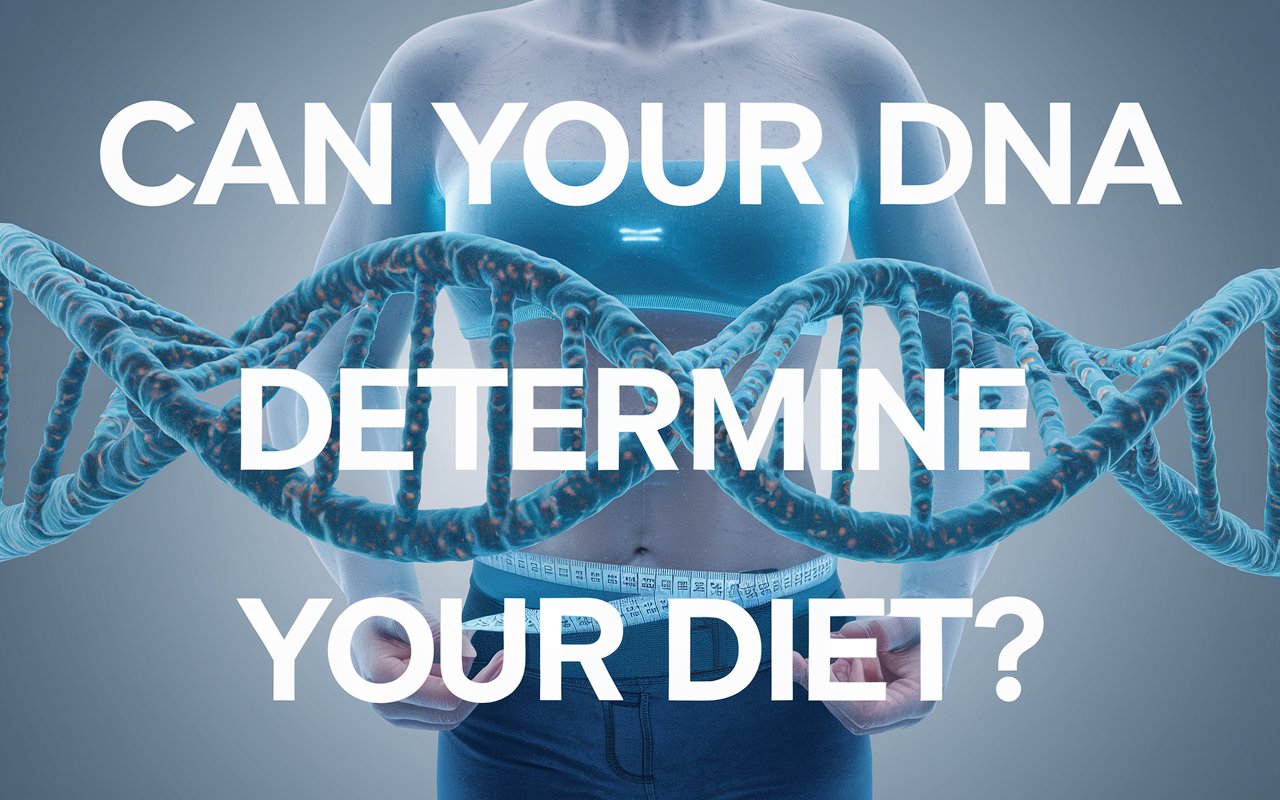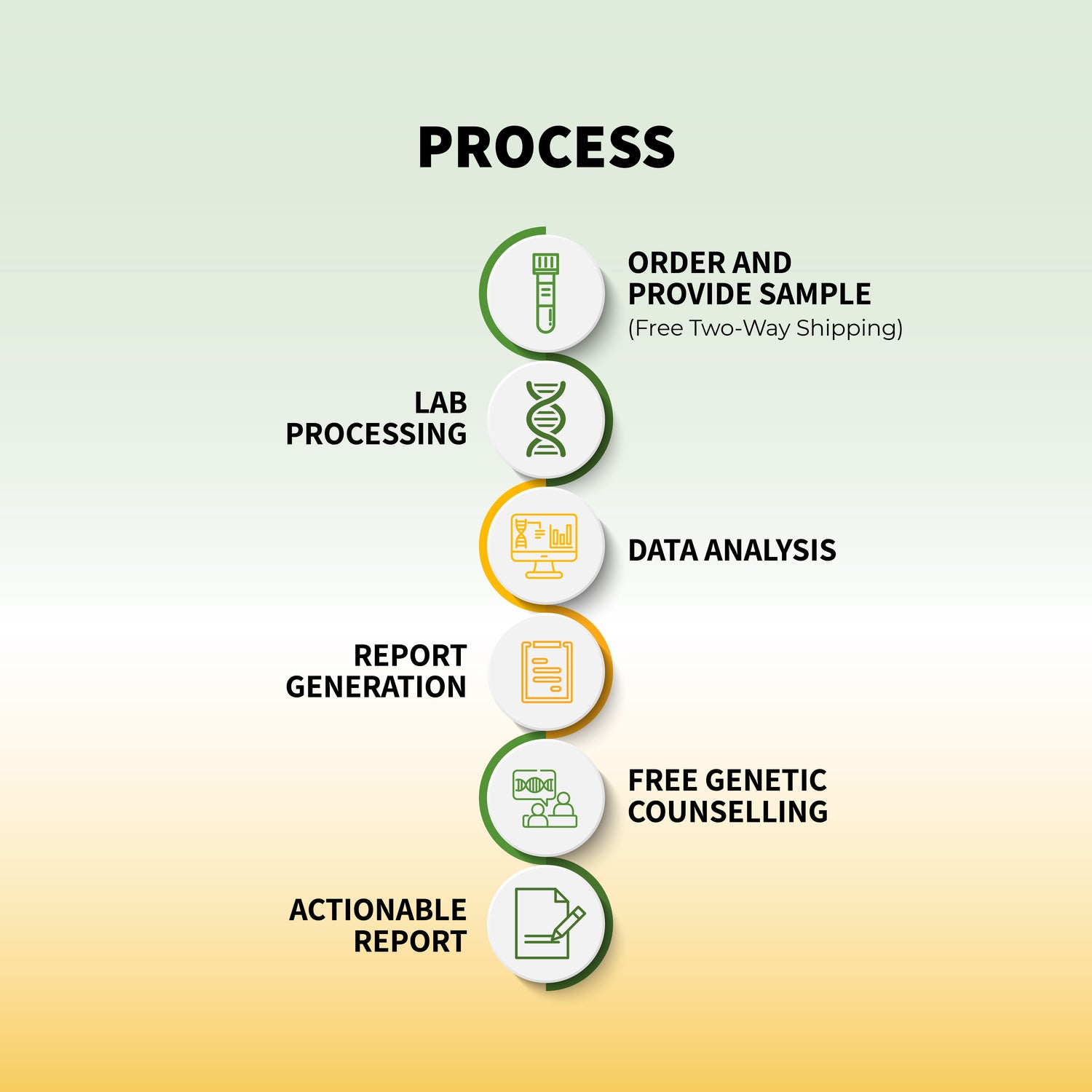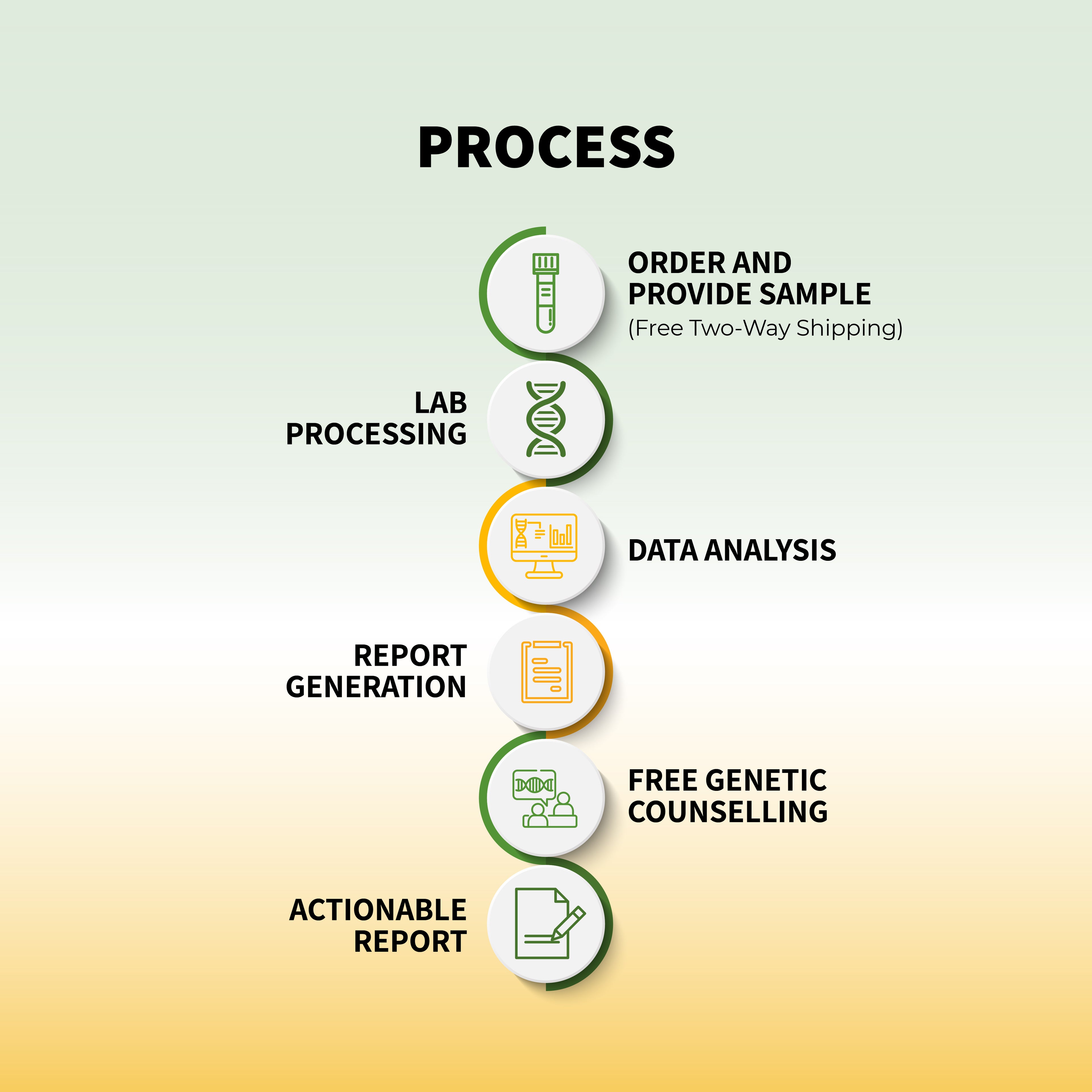In the world of health and fitness, there’s growing interest in personalized approaches to weight loss and nutrition. What if you could tailor your diet and exercise routine based on your DNA? Thanks to advancements in genetic testing, this concept is becoming a reality. By analyzing your genetic makeup, you can create a highly personalized weight management plan that is more effective, sustainable, and suited to your unique biology.
This article explores the role of genetics in weight management and how DNA-based diets can help you achieve your health and fitness goals.
Understanding Genetic Testing for Weight Loss
Genetic testing for weight loss involves analyzing specific genes that influence your body’s response to food, exercise, and lifestyle habits. These genes can affect how you metabolize nutrients, your appetite control, fat storage, and even your risk for obesity. By studying your genetic markers, experts can develop a customized plan that targets your individual needs.
Key Benefits of Genetic Testing for Weight Management:
- Personalized nutrition: Learn how your body responds to specific foods and tailor your diet accordingly.
- Exercise optimization: Understand which types of physical activity are most beneficial for your genetic profile.
- Long-term success: Increase the likelihood of sustainable weight loss by creating a plan that works with your body’s biology, not against it.
The DNA Diet: What is It?
The term "DNA diet" refers to a nutritional plan that is tailored to your genetic profile. Rather than relying on one-size-fits-all recommendations, the DNA diet uses information from genetic testing to guide your food choices. The diet can help identify whether you’re more prone to storing fat, how well your body metabolizes carbohydrates, and even whether you're sensitive to caffeine.
For instance, some people have genetic variations that make them more susceptible to gaining weight from high-fat diets, while others might struggle with carbohydrate metabolism. Knowing these insights can help you avoid diets that work against your genetics and focus on those that align with your biological needs.
Key Factors Analyzed in a DNA Diet:
- Carbohydrate metabolism: How efficiently your body processes carbohydrates.
- Fat metabolism: Your body’s ability to metabolize and store fats.
- Vitamin absorption: Which nutrients your body may struggle to absorb.
- Food intolerances: Genetic predispositions to food sensitivities, such as lactose or gluten intolerance.
Personalized Nutrition Based on Your DNA
One of the most exciting aspects of genetic testing for weight management is the ability to design a nutrition plan that’s completely personalized. For example, if your genetic profile reveals that your body struggles with carbohydrate metabolism, a low-carb diet might be recommended. If you’re found to have a sensitivity to fats, a lower-fat approach may be more effective.
By working with a nutritionist who understands the results of your genetic test, you can create a diet that maximizes your weight loss potential while supporting overall health. Personalized nutrition can also help address common challenges like food cravings, binge eating, or fatigue, which often undermine weight loss efforts.
How Your DNA Influences Exercise Efficiency
Your genetic makeup doesn’t just affect how you respond to food—it also plays a role in determining which types of physical activity are most effective for you. Some people are genetically predisposed to benefit more from endurance training, while others might see better results from strength training or high-intensity interval training (HIIT).
For example, variations in the ACTN3 gene can influence your muscle fiber composition. This can affect your body’s response to different types of exercise. If you have a variant of the ACTN3 gene that makes you more suited for endurance sports, activities like running, swimming, or cycling may be more beneficial for you. On the other hand, if your genetic profile indicates a predisposition for strength, weightlifting or resistance training could yield better results.
Exercise Plans Based on DNA Testing:
- Endurance-based activities: Running, cycling, swimming, or walking.
- Strength-based activities: Weightlifting, resistance training, or CrossFit.
- Flexibility and recovery: Yoga, Pilates, or stretching routines.
Overcoming Plateaus with DNA-Based Weight Management
One of the most frustrating aspects of weight loss is hitting a plateau, where progress stalls despite your best efforts. Understanding your genetic makeup can help overcome these challenges by revealing metabolic factors or food sensitivities that might be hindering your progress.
For instance, some people have genes that make them more prone to weight regain after losing it. By knowing this ahead of time, you can take preventive steps to avoid setbacks. Genetic testing can also identify hormonal imbalances or gut health issues that might be affecting your weight management efforts.
Common Genes Involved in Weight Management
Several genes have been linked to weight management, influencing everything from how you metabolize food to your appetite levels and risk of obesity. Here are a few key genes often analyzed in DNA tests for weight loss:
- FTO Gene: Linked to appetite regulation and obesity risk.
- MC4R Gene: Affects hunger and satiety signals in the brain.
- PPARG Gene: Involved in fat metabolism and storage.
- FABP2 Gene: Affects how efficiently you absorb dietary fats.
- LEP Gene: Regulates the production of leptin, the hormone that controls hunger.
By understanding how these genes function, you can create a diet and exercise plan that works in harmony with your body’s natural processes.
The Future of Weight Management: Precision Medicine
As genetic testing becomes more accessible and affordable, it’s likely that DNA-based diets and exercise plans will become the future of weight management. Precision medicine, which tailors healthcare to individual genetic profiles, is already transforming how doctors treat conditions like cancer and heart disease. The same approach is now being applied to weight management and overall health.
By embracing personalized nutrition and fitness plans based on your DNA, you can take a proactive approach to managing your weight, improving your health, and achieving long-term success.
Conclusion
In a world filled with fad diets and conflicting health advice, genetic testing offers a science-backed solution for personalized weight management. By understanding your genetic predispositions, you can create a highly effective and sustainable diet and exercise plan that aligns with your body’s needs.
If you’re tired of trial-and-error dieting and want to explore a personalized approach to weight loss, consider genetic testing as the first step in your journey to better health.















